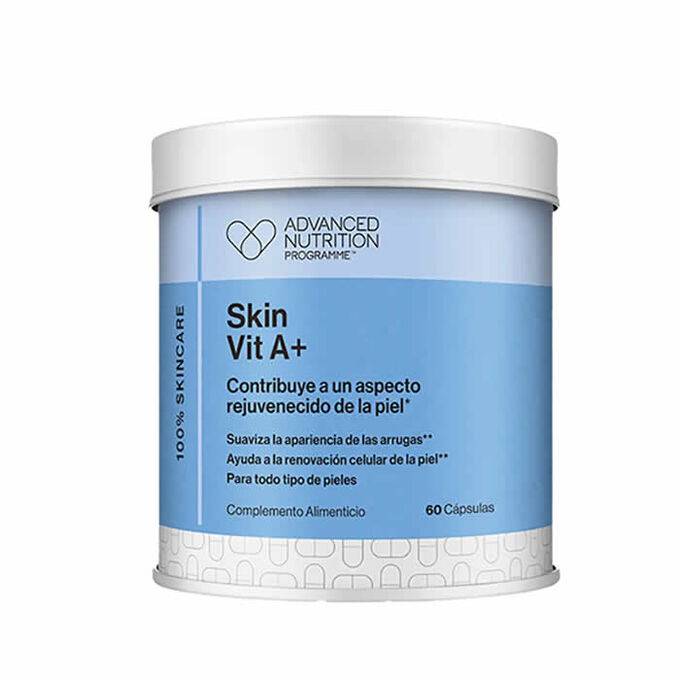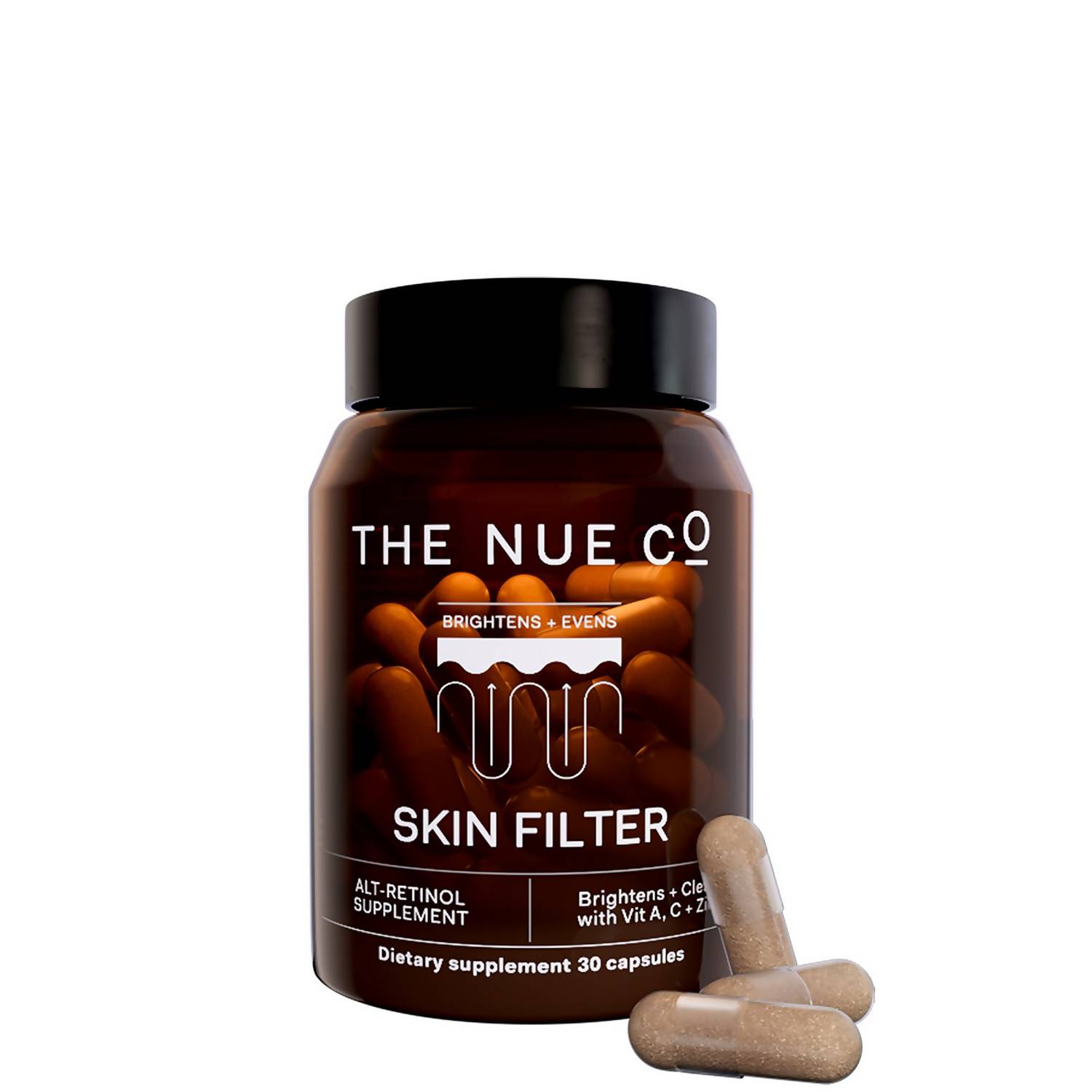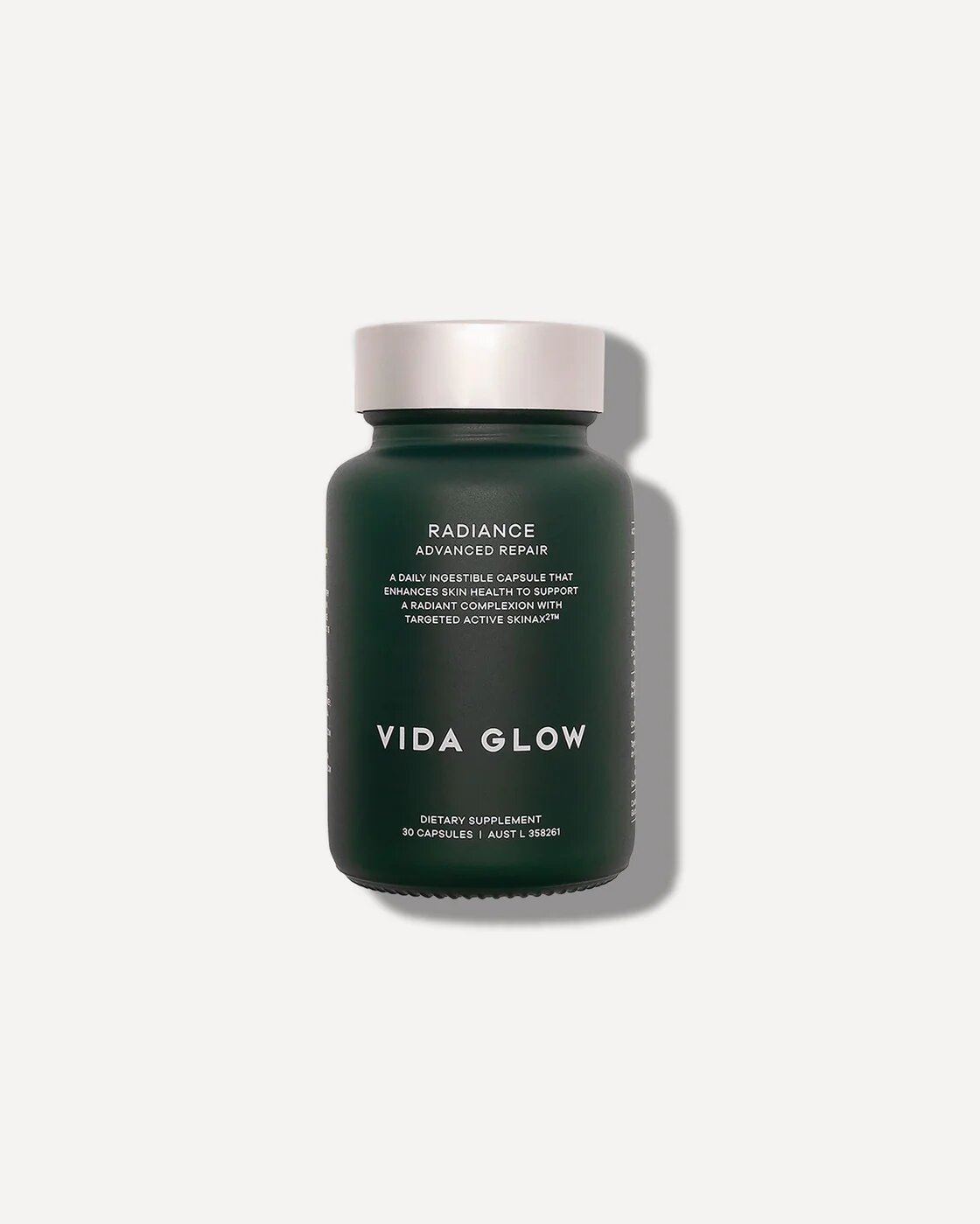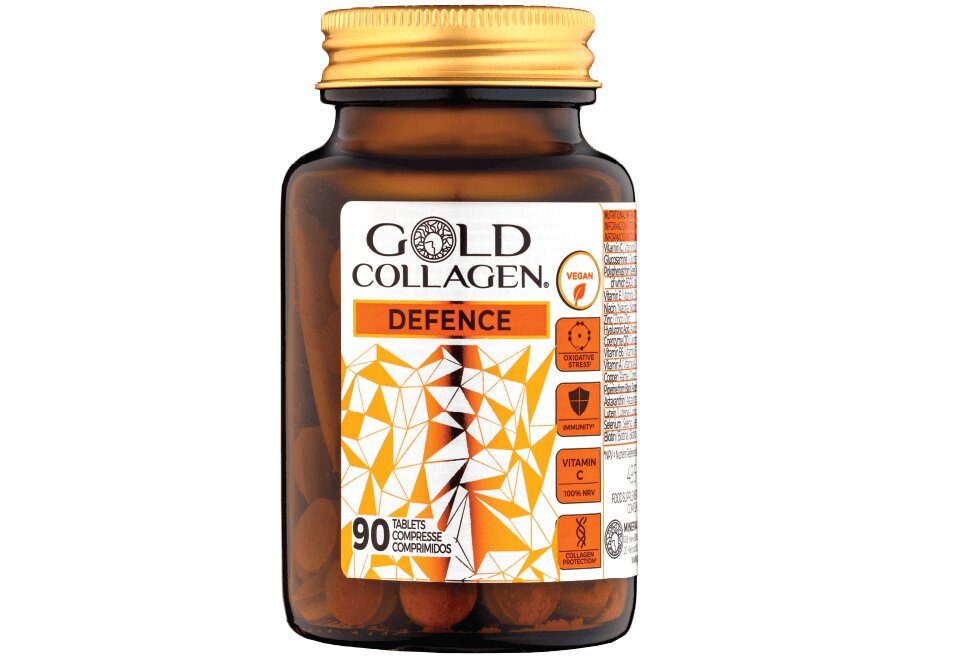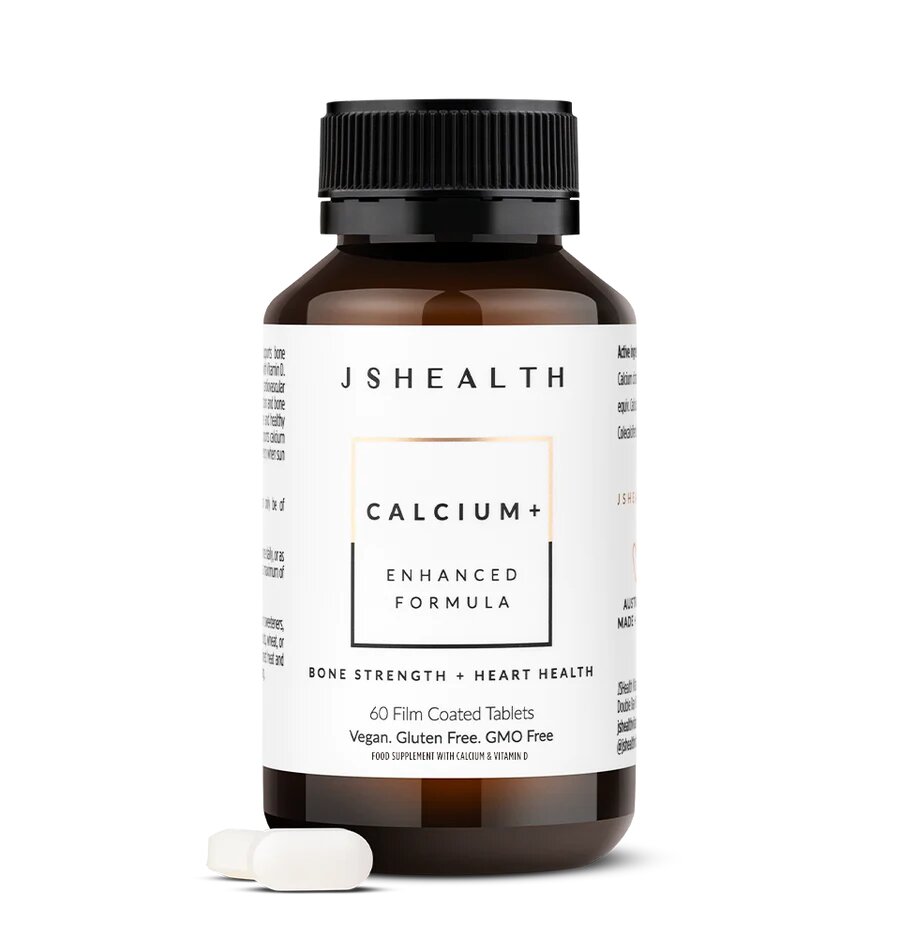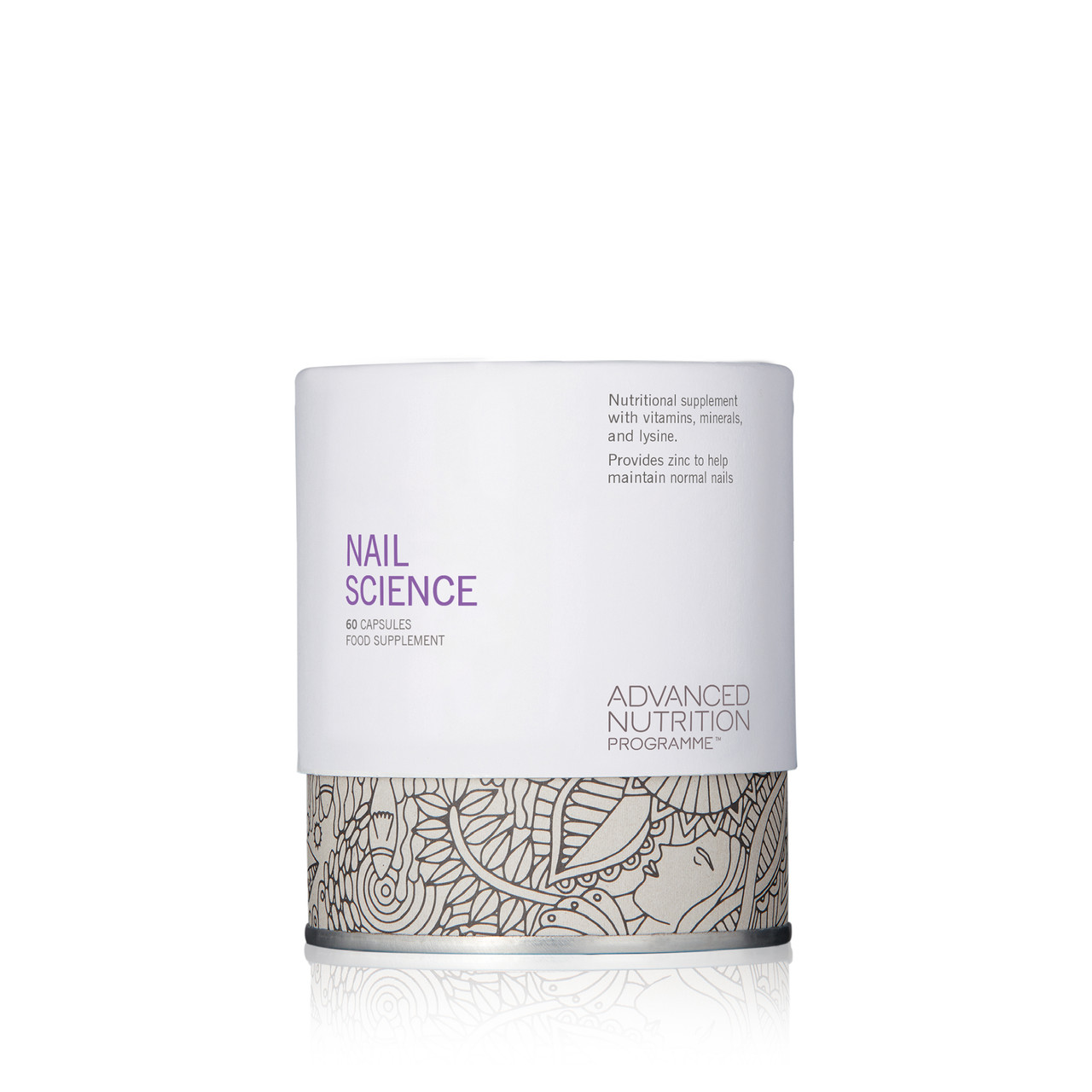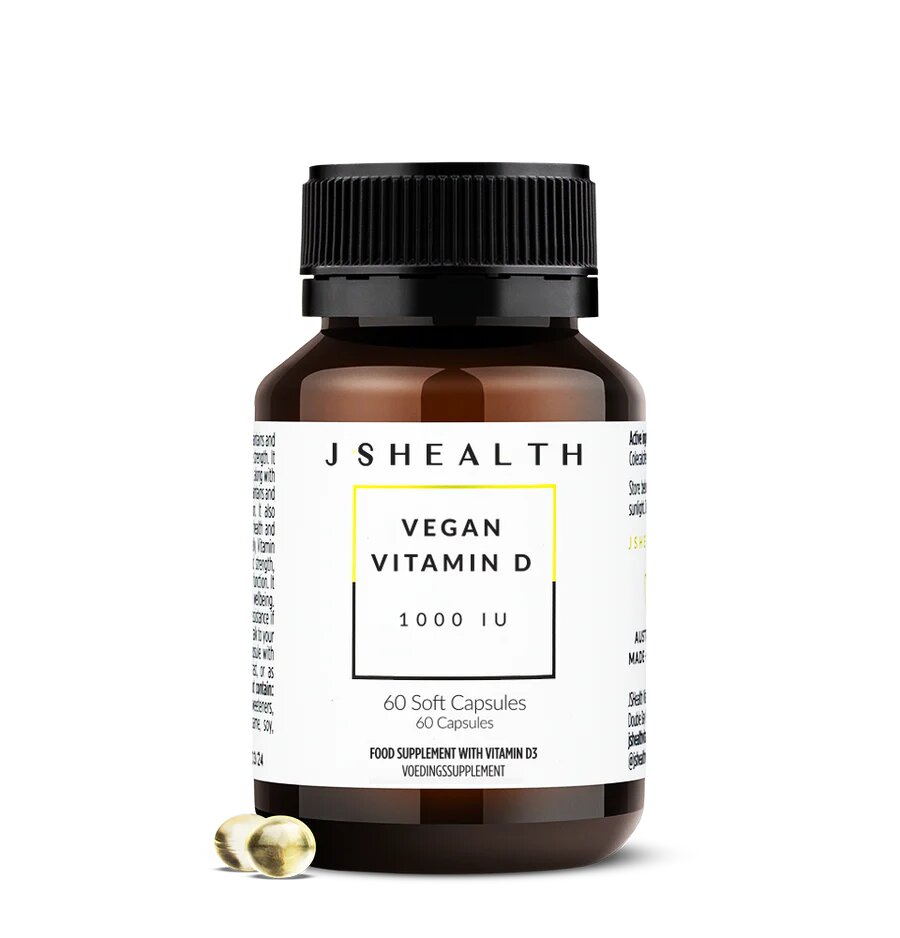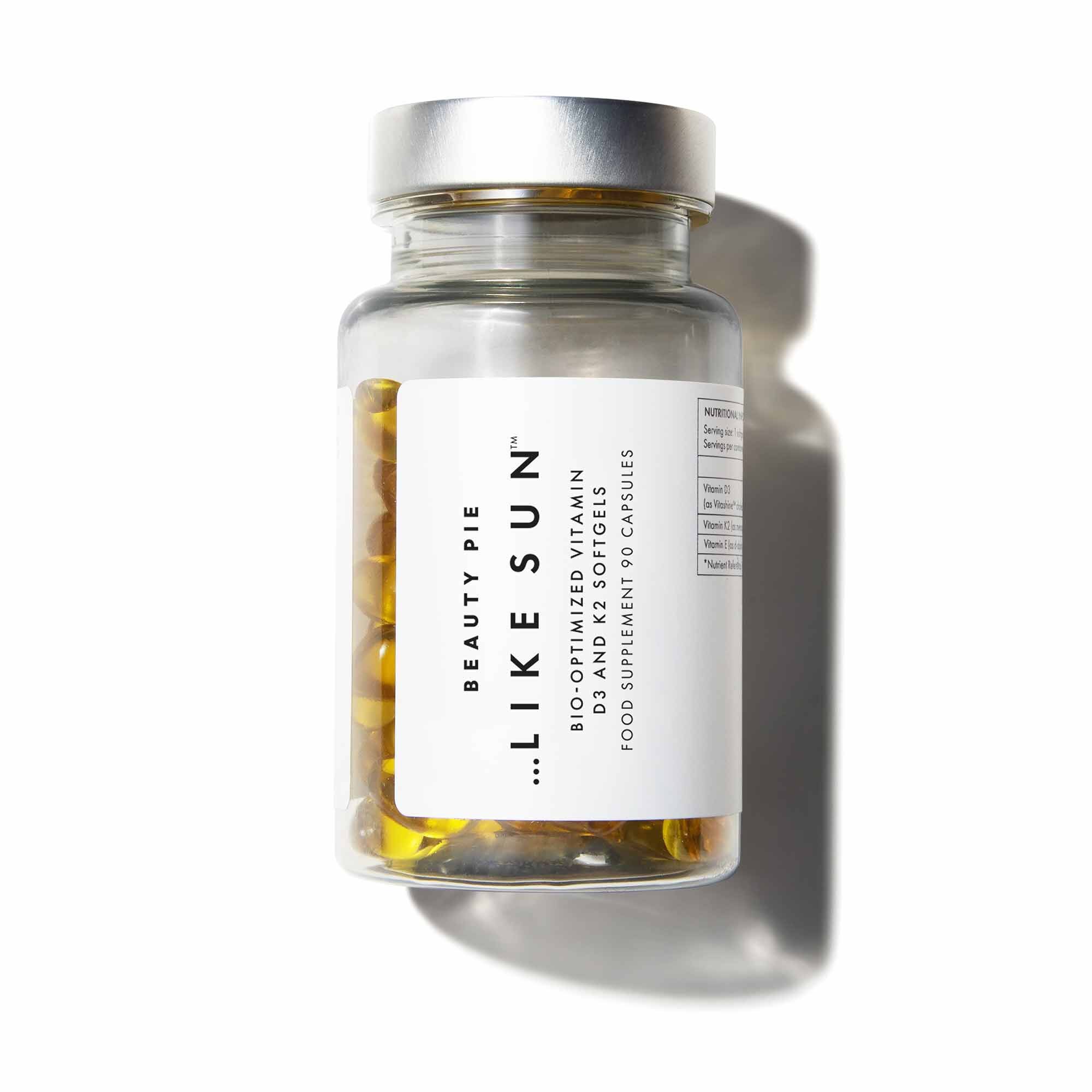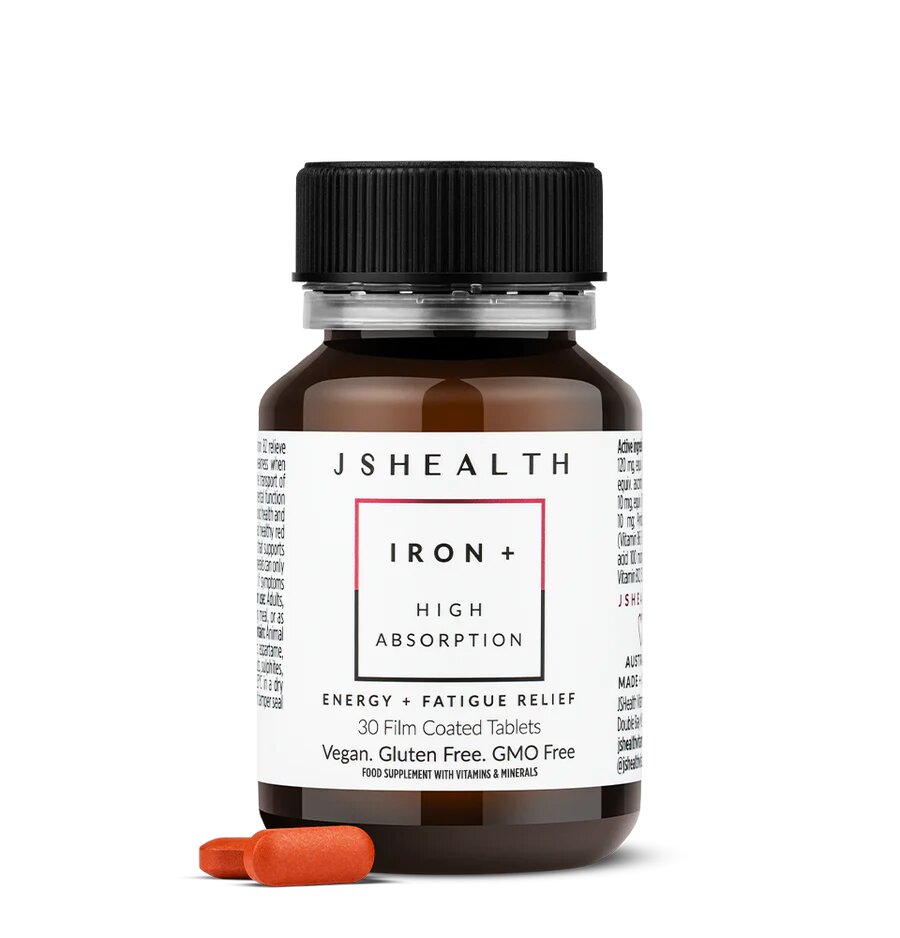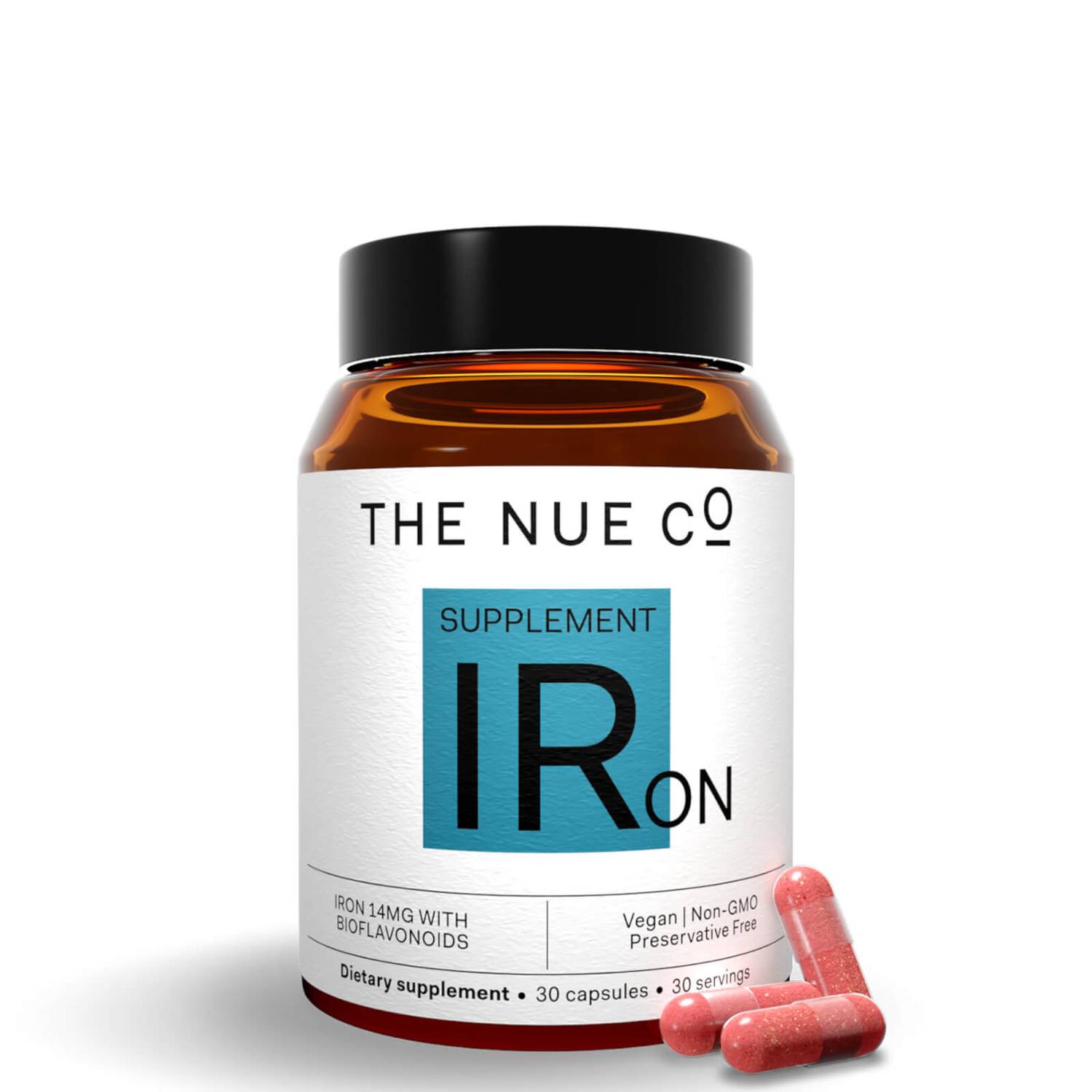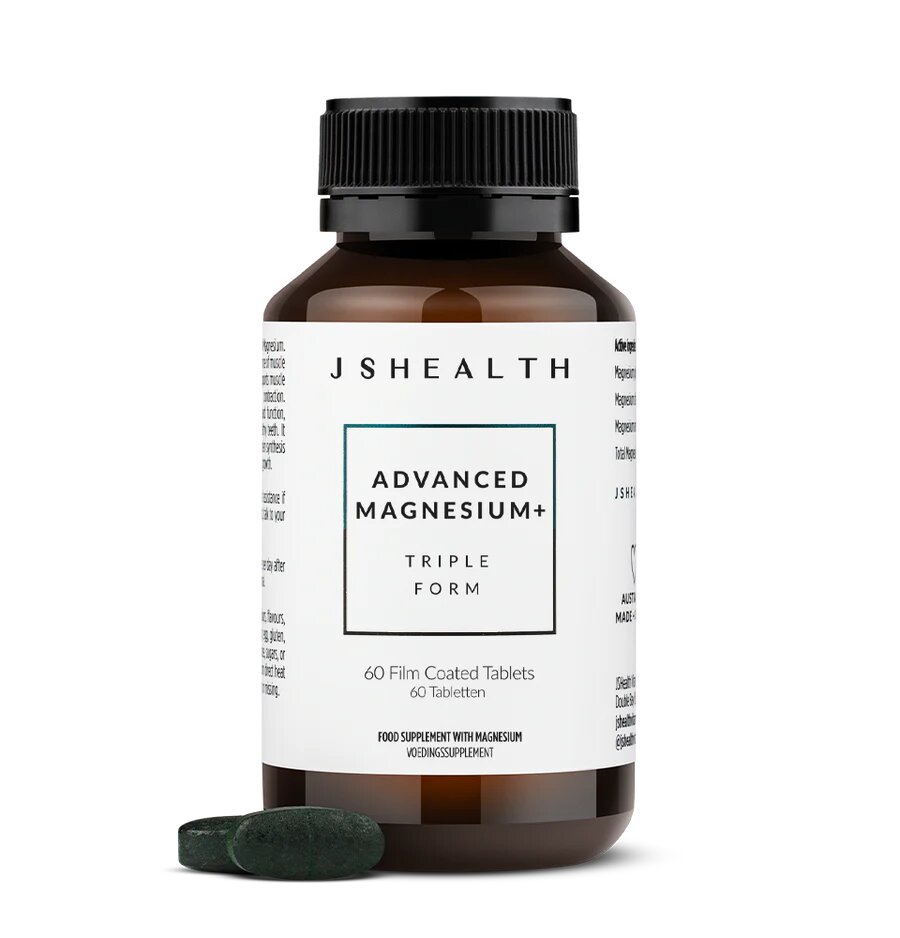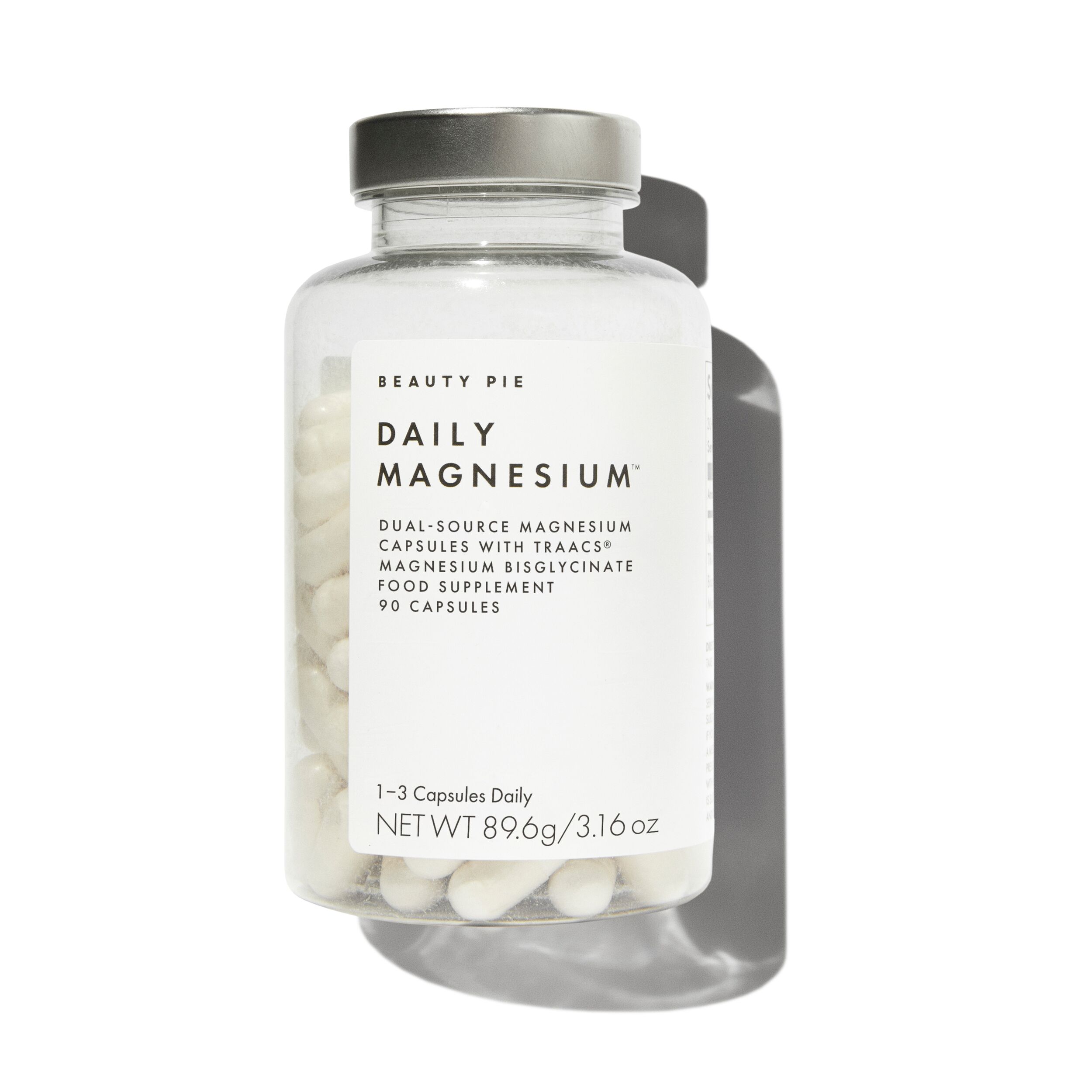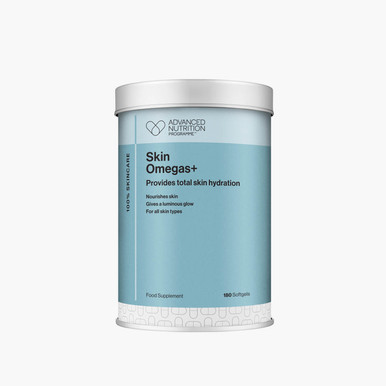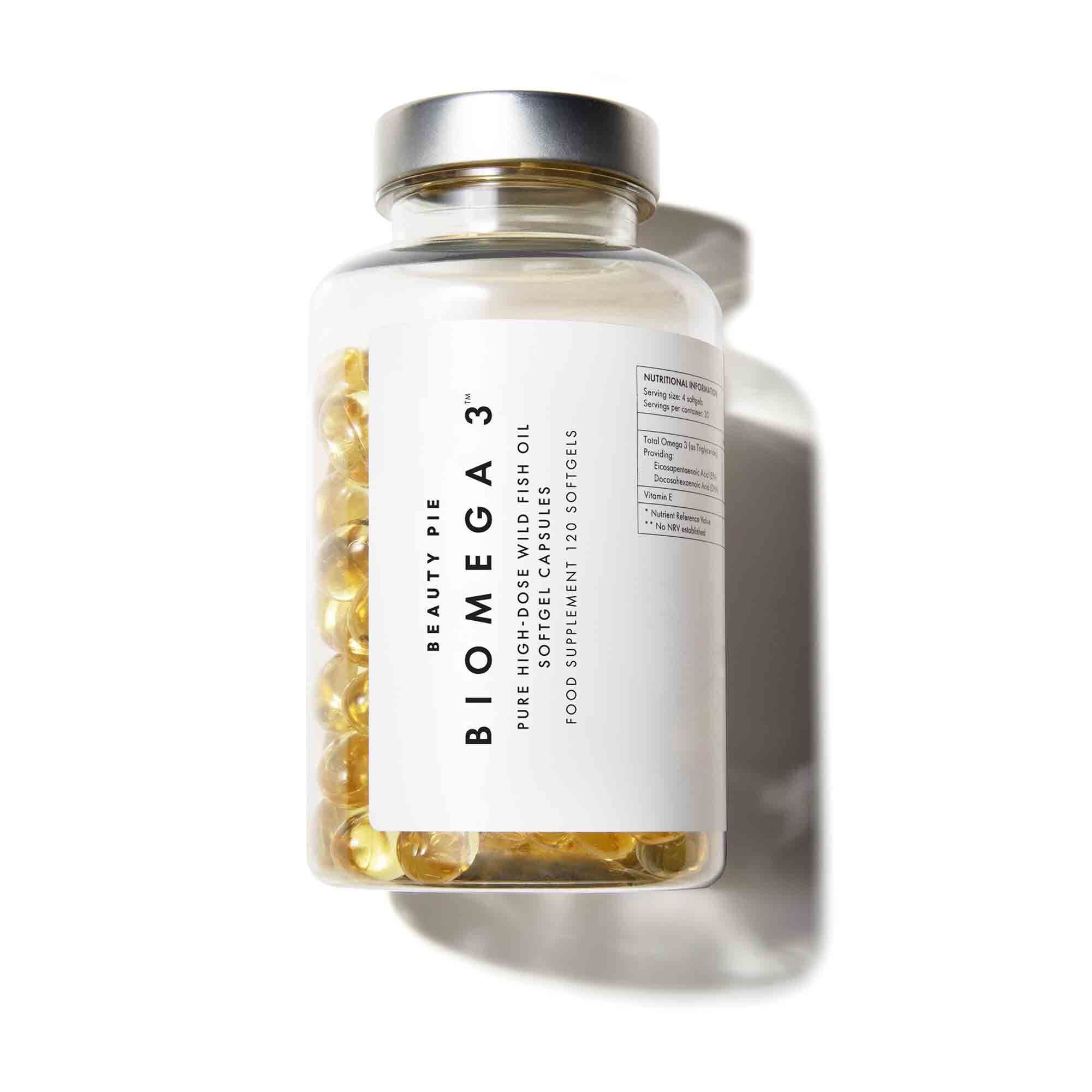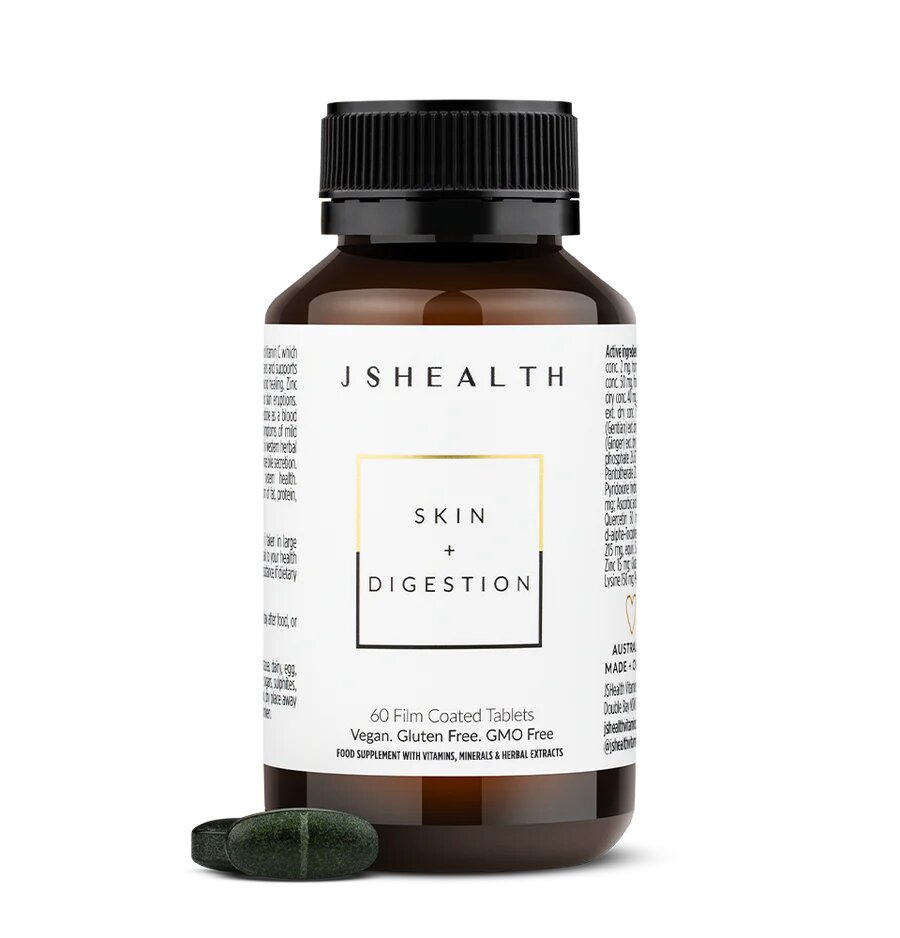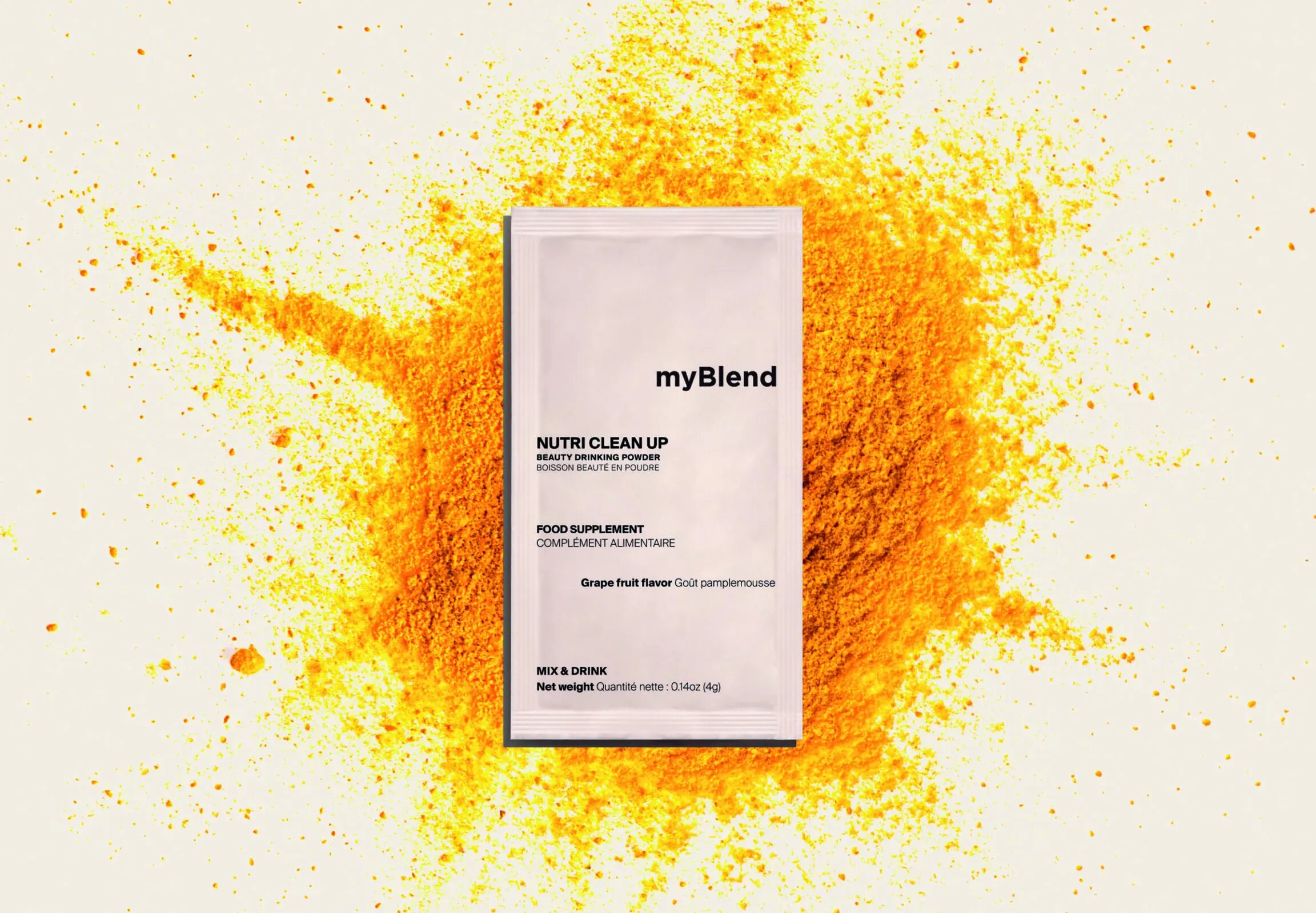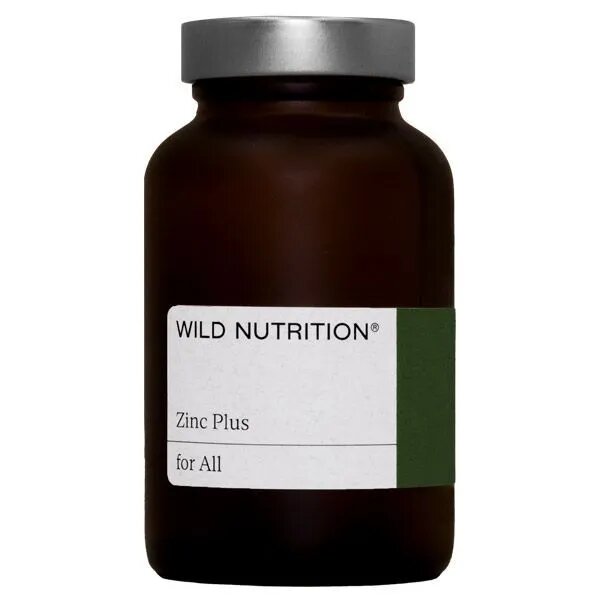Hundreds of Beauty Supplements Now Exist—These Are the 10 I’d Actually Recommend
Shopping for beauty supplements can be overwhelming and confusing, especially when you don't really know what you're looking for. You know you want longer hair, stronger nails, and clearer skin, but it's not always easy to establish which supplements will help you to achieve those goals.
Indeed, much like browsing for skincare, if you don't have an expert's advice, you might be hesitant to start something new—especially when there's a chance that it might not work for you, or worse, have some unwanted side effects.
To help you navigate the world of beauty supplements, we've created the ultimate supplement guide—a comprehensive A-Z list of the most popular supplements for skin, hair, and nails. Plus, we've consulted nutritional experts to explain how they work, who they can benefit, and which products are worth your buy.
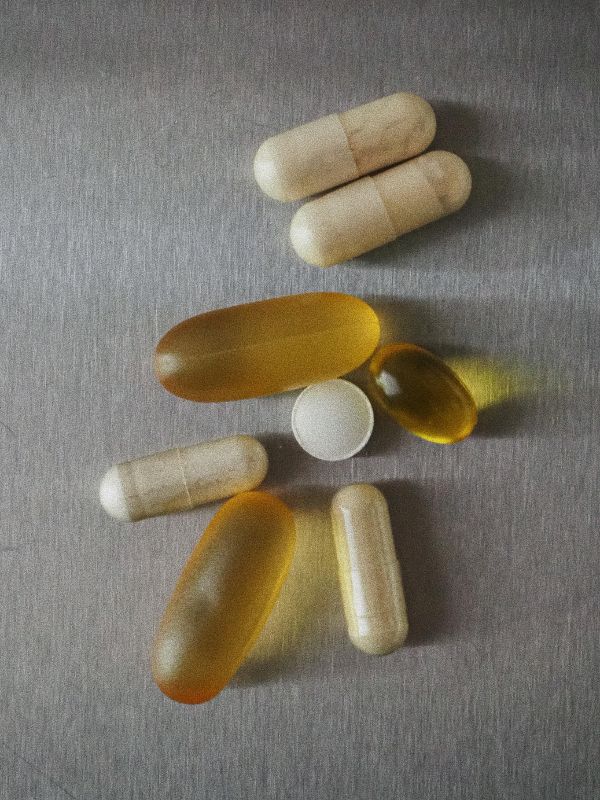
"Taking supplements should never be a substitute for eating a healthy diet. However, with modern lifestyles, poor soil quality and modern food processing, optimal nutrition may be difficult to achieve every day," explains Gaby Prinsloo, Medical Director at the International Institue for Active-Ageing (iiaa). "A targeted supplement programme can provide the essential nutrients that work in synergy with your diet for healthy skin and general wellbeing."
While most of us are used to seeing quick results when we start using a new skin or hair product, Prinsloo emphasises the importance of patience and consistency when it comes to taking supplements. She advises that for most skin focused supplements, you will only see a difference after three months, so consistency really is key. "For optimal results, we recommend following a supplement routine for at least 6 months to allow the actives the time to work," she adds. "The routine will then need to be maintained for the results to be maintained."
For those wondering where to even start, Prinsloo says that a good quality daily mutlivitamin and a probiotic should be the foundation product for every supplement routine. "Nutrients always work better in synergy. Many vitamins and minerals need to be combined with others to work effectively," she explains. "For example, vitamin A requires zinc as a co-factor to convert to the active form in skin. Processes in the body also require a synergy of nutrients to function optimally."
Keep reading to learn about some of the key nutritional ingredients to look out for when you're supplement shopping.
The best supplements for skin, hair, and nails:
1. Vitamin A
According to Prinsloo, vitamin A is one of the key vitamins for skin health. "Vitamin A regulates DNA and is important for all skin cells to function normally. It supports normal keratinocyte growth and development, resulting in a healthy skin barrier," she explains. "It improves fibroblast function, improving both the quality and quantity of collagen and elastin produced, is involved in the synthesis of hyaluronic acid (leading to improved hydration), it normalises sebum production and regulates melanin production, and is key to supporting the immune system."
2. Collagen
Nutritional formulations expert and founder of Pura Collagen, Jennifer Mo explains that, in short, collagen basically holds us together. "Collagen is the most abundant protein in the human body. As a major component of connective tissue, collagen is found in joints, bones, tendons, ligaments, skin, hair, nails, the lining of the digestive tract, blood vessels, organs, and structures within the eyes and teeth."
There are 28 different types of collagen, with Types I, II, and III being the most common. "Type I is found predominantly in the skin, hair, nails, joints, and ligaments, it provides strength, support, and flexibility to these tissues," adds Mo.
We naturally produce collagen, but the rate of production starts to decline by around 1% a year from our mid-twenties onwards. "For women, the decline increases after the menopause, when falling oestrogen levels leave collagen at greater risk of breakdown," explains Mo. "Because we aren’t producing as much collagen from our twenties onwards, the existing collagen must work even harder and is more prone to damage. Other factors such as alcohol, smoking, excessive sunlight exposure, and diets high in sugar and processed foods can further exacerbate collagen breakdown and signs of ageing."
According to Mo, while certain foods can provide either collagen or the amino acids needed to make collagen, these levels are variable and may not be enough to manage a health concern. "Beauty creams and serums present the same problem. Collagen peptides in facial moisturisers and serums are too large to be absorbed into the dermis layer of the skin, where collagen-producing cells reside." she adds. "For collagen supplements to make a difference, they must be easily digested and absorbed, and provide targeted support to tissues."
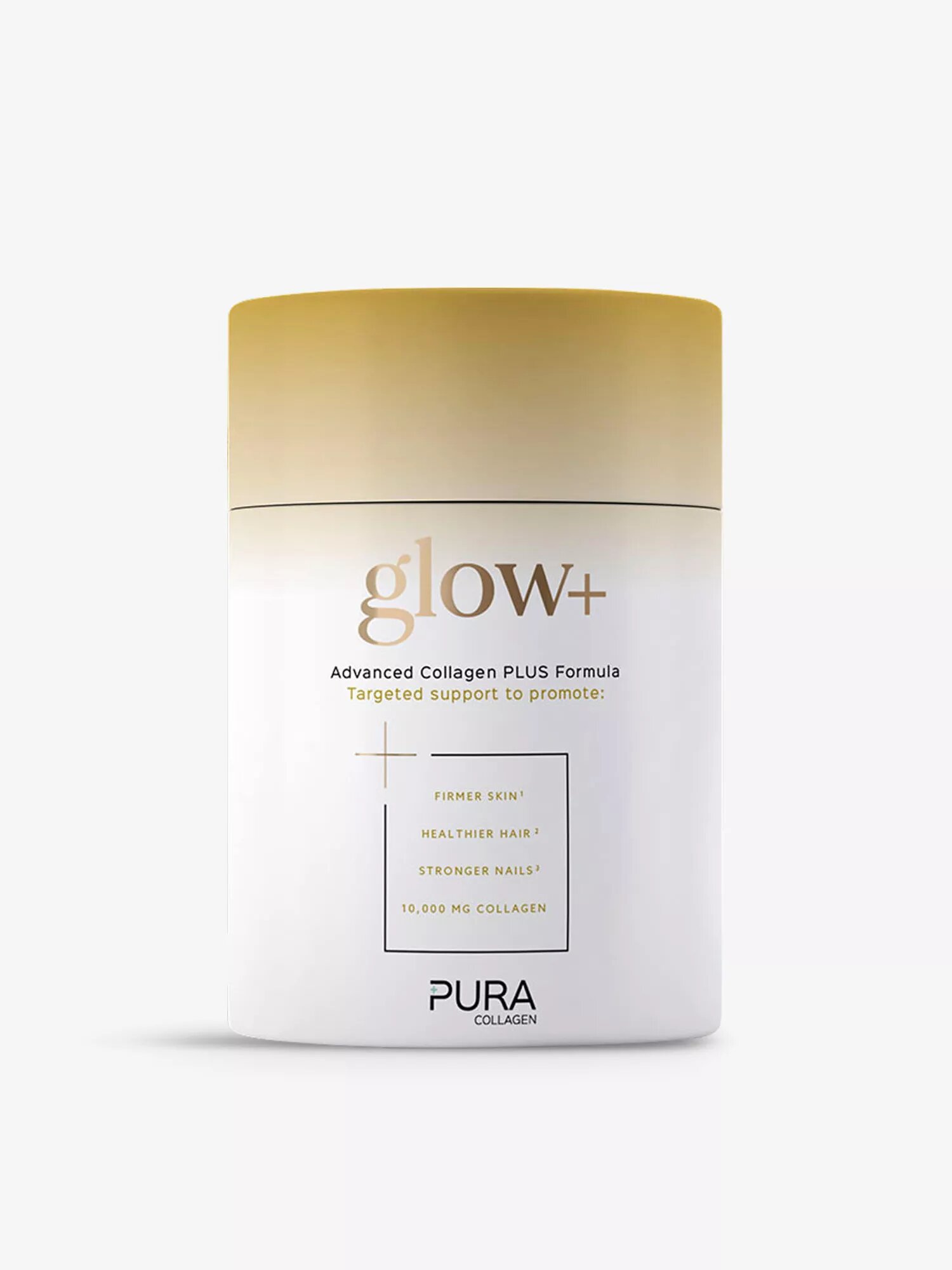
"The collagen peptides featured in Pura Glow+ are proven to reduce wrinkles, improve skin elasticity, increase hair thickness and promote faster nail growth," explains Mo. "Each raw ingredient is scrutinised and are the purest quality, with no cheap fillers added."
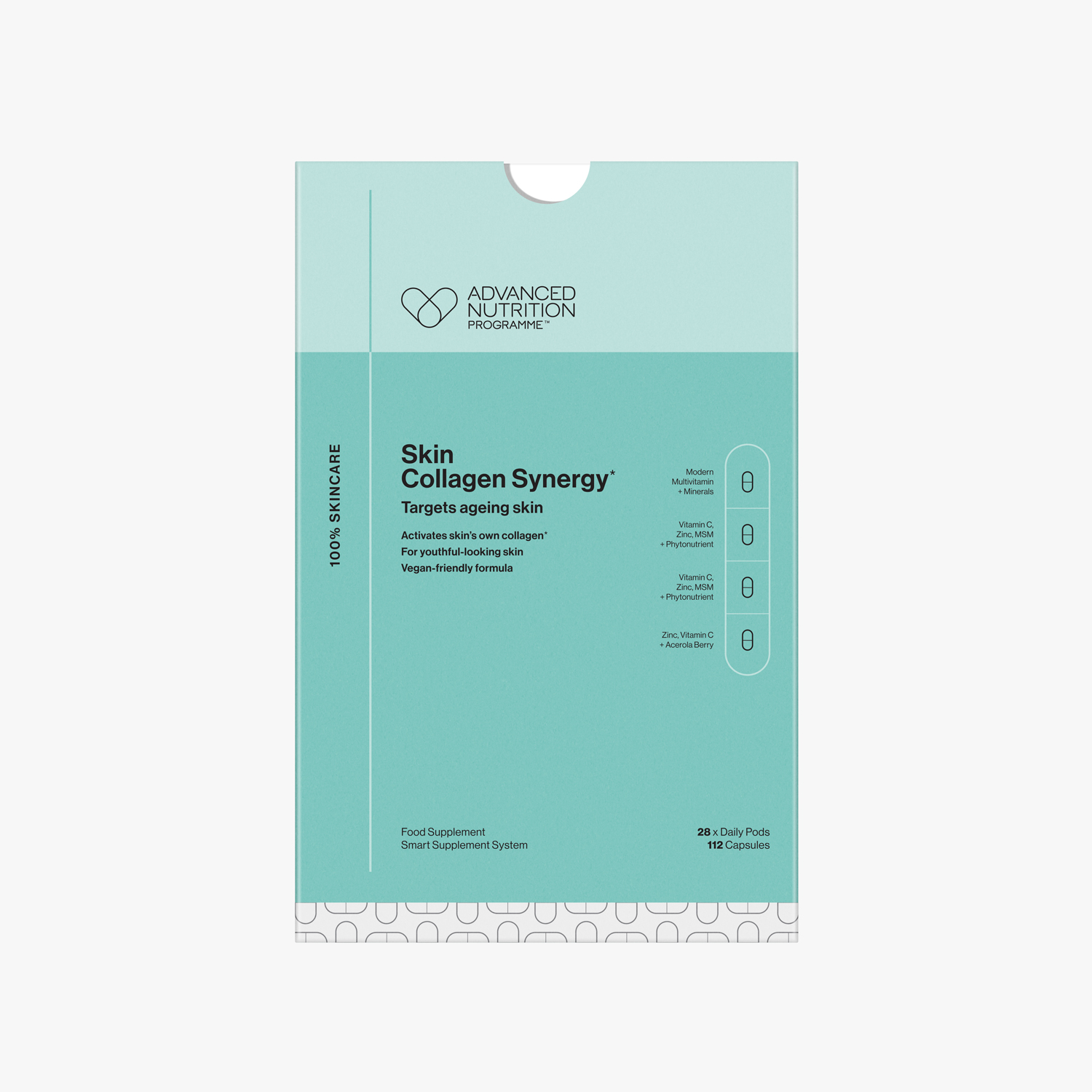
"To support collagen formation, a combination of collagen building nutrients, such as vitamin C, zinc and phytonutrients should be a priority," says Prinsloo. "These are all found in Advanced Nutrition Programme Skin Collagen Synergy—a science-led supplement to support your own internal collagen formation."
3. Vitamin C
"Vitamin C is another key nutrient, with numerous vital roles," says Prinsloo. "One of its key roles is improving the quality of collagen and elastin fibres produced which increases elasticity and lessens the appearance of fine lines and wrinkles."
Vitamin C also decreases pigmentation and as an antioxidant plays a key role in wound healing. "It also plays a role in the immune system and stress reactions," she adds. "So, during stressful times which place demands on our immunity, it is even more important to consider vitamin C intake."
4. Calcium
We all know that the body needs calcium to build and maintain strong bones, but Prinsloo notes that the heart, muscles and nerves also need calcium for optimal functioning.
5. Vitamin D
Our bodies make vitamin D from direct sunlight on the skin when we're outdoors, but during the winter months, there's a high chance that we're not making enough of it. "It's important for a healthy immune system, healthy muscles, and healthy bones," explains Prinsloo, who advises adding vitamin D-rich foods like salmon, canned tuna, mushrooms, and egg yolks to your diet.
"Vitamin D is a powerhouse nutrient that's vital to our overall health and wellbeing, adds clinical nutritionist and founder of J S Health, Jessica Sepel. "It plays a key role in enhancing the immune response, giving our immune cells the strength they need to fight off infections more effectively."
6. Iron
"Iron is a mineral that the body needs for growth and development," says Prinsloo. "The body uses iron to make haemoglobin, a protein in red blood cells that carries oxygen from the lungs to all parts of the body, and myoglobin, a protein that provides oxygen to muscles." It's also important for the normal production and function of various cells and hormones.
7. Magnesium
"Magnesium is truly a wonder mineral and is involved in over 300 chemical pathways in the body," explains Sepel. "I like to think of this as relaxation in tablet form, ideal before bed. It helps muscle health and muscle relaxation, while supporting our nervous system, and also plays an integral role in protein synthesis and more."
8. Omega Fatty Acids
Omega fatty acids "are fundamental to healthy skin," says Prinsloo—beneficial for maintaining a healthy skin barrier because "omegas 3 and 6 form key components of the skin’s surface layer, which prevents water loss and maintains skin’s hydration levels."
"Omegas 3 and 6 form a component of the cell membrane of every cell, which helps to maintain healthy cells as well as maintain hydration of cells. They are also essential for reducing inflammation, which slows skin ageing and decreases inflammatory skin conditions," she adds.
9. Probiotics
According to Prinsloo, "there are trillions of microorganisms living in and on our body. 99% of the body’s microbiome (the collection of bacteria, fungi and viruses) lives in the gut, with over 2,000 species of bacteria being identified so far. A wide diversity of different bacteria is associated with good gut health and general health."
She explains that an imbalance of bacteria in the gut can lead to poor digestion, lethargy, inflammation, and poor skin health among other concerns. "In our modern lives this can be very common, and factors including antibiotic use, many other medications, stress and poor diet can contribute to an imbalance in gut bacteria."
Those looking to support gut health should consider taking a probiotic "which allows us to absorb the nutrients from our food better" says Prinsloo. "Evidence also shows that specific strains of bacteria within the gut can directly benefit the skin in a variety of ways. Therefore, maintaining a diverse, healthy gut microbiome can help maintain skin health. We need to have a healthy gut if we want to have healthy skin."
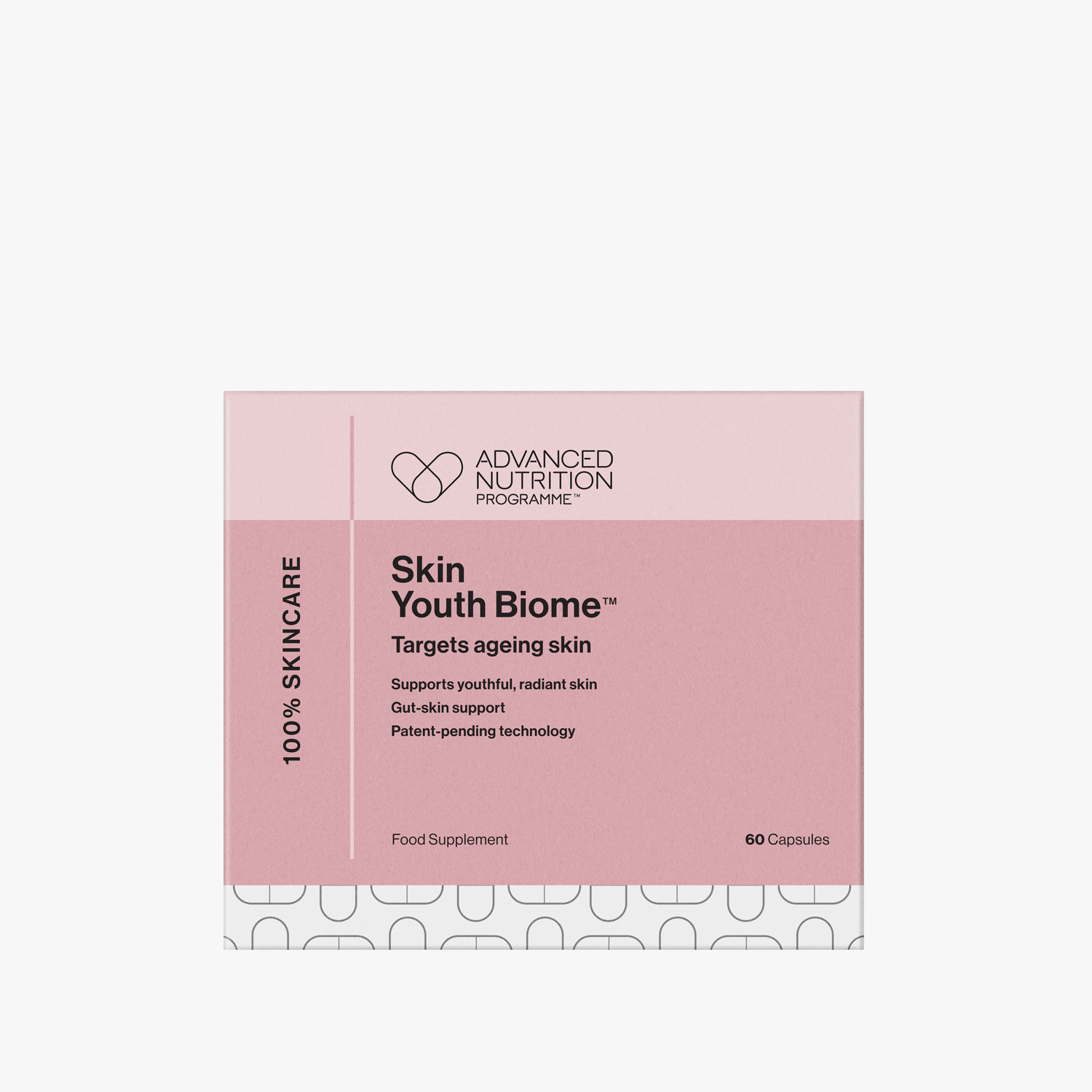
"The strains of bacteria in the Advanced Nutrition Programme probiotics, have been chosen based on published literature to address specific skin concerns," says Prinsloo. "These probiotics have also been designed to pass through the stomach and deliver the bacteria to the site in the gut where they are needed, and while many probiotics list the number of bacteria present at time of manufacture, Advanced Nutrition Programme probiotics guarantee five billion live cultures at the end of the best before date."
10. Zinc
Prinsloo explains that zinc contributes to the maintenance of normal skin. "It is key to a healthy immune system, and is involved in the production of collagen, the normal functioning of the sebaceous glands (which produce oil), and helps to repair skin damage, keeping skin soft and supple" she elaborates. "Zinc-rich foods include fish, lean red meat, wholegrains, nuts, seeds and shellfish."
Next Up: I've Tried Dozens of Skin Supplements—These Are the 7 That Make a Difference
Grace Day is a beauty editor and content creator. She has over 10 years of beauty-industry experience, spanning editorial, retail, and e-commerce, which gives her a unique understanding into how people shop for their beauty routines.While studying for a history degree (specialising in the history of beauty) and working as a beauty adviser in department stores, Grace started writing her own beauty blog in order to share the products she discovered while dealing with acne. After graduating, she moved to Beauty Bay as beauty editor and content manager. Grace is currently a beauty contributor to Who What Wear. She has also written for Hypebae and PopSugar and works as a brand consultant and copywriter.
-
 I Thought I Was Over This "Juvenile" Nail Color, But Rihanna Just Convinced Me Otherwise
I Thought I Was Over This "Juvenile" Nail Color, But Rihanna Just Convinced Me OtherwisePerfect for summer.
-
 Lisa Just Co-Signed Selena Gomez's Go-To Date-Night Nail Color—I'm Sprinting to My Manicurist
Lisa Just Co-Signed Selena Gomez's Go-To Date-Night Nail Color—I'm Sprinting to My ManicuristThis shade stretches way past Valentine’s Day.
-
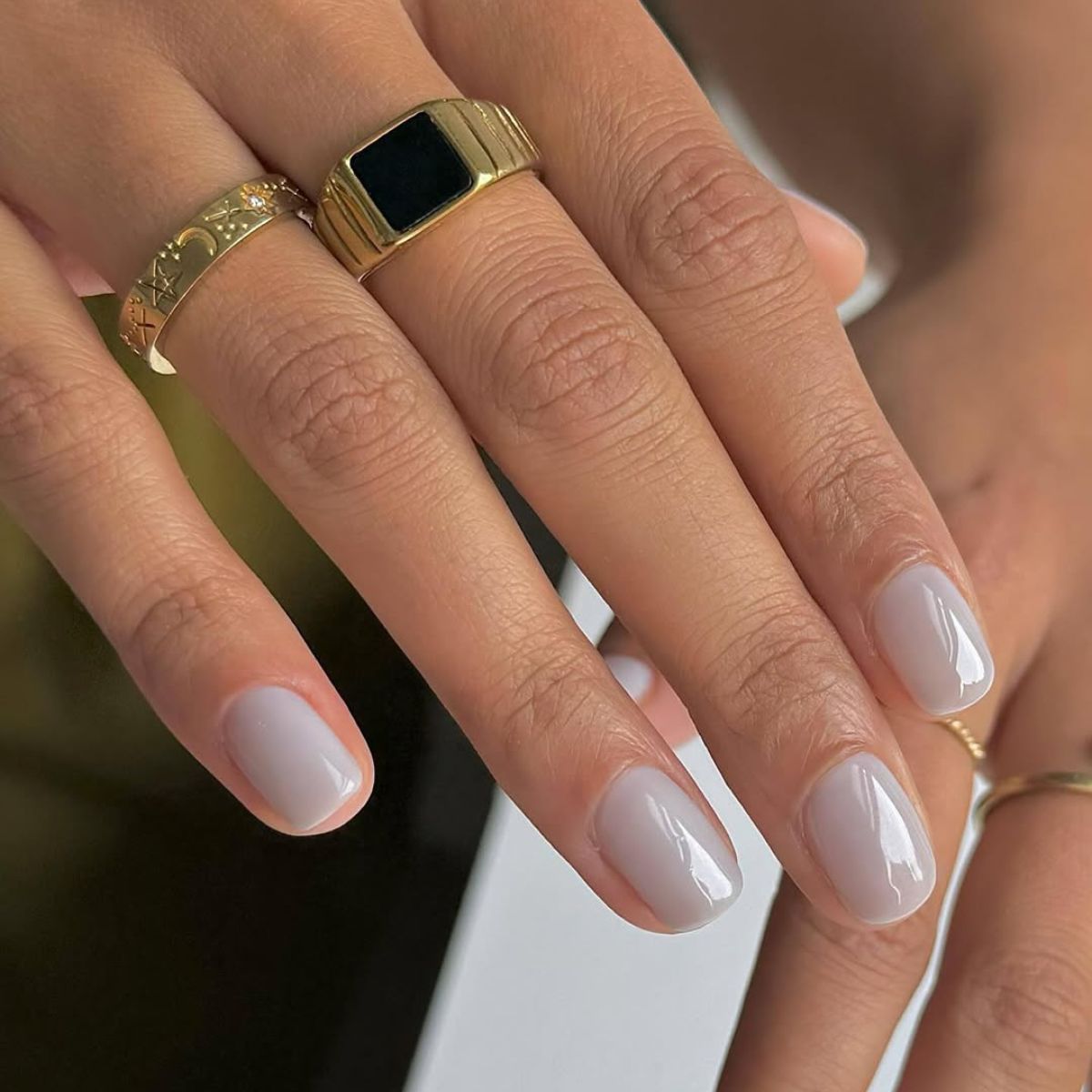 Confirmed: The Watery Nail Trend Is Set to Replace Milky Nails This Spring
Confirmed: The Watery Nail Trend Is Set to Replace Milky Nails This SpringSheer nails just got an upgrade.
-
 I'm an Expert in Nail Trends—These Are the 6 Nail Colors Everyone Will Be Wearing This Spring
I'm an Expert in Nail Trends—These Are the 6 Nail Colors Everyone Will Be Wearing This SpringFresh mani inspo.
-
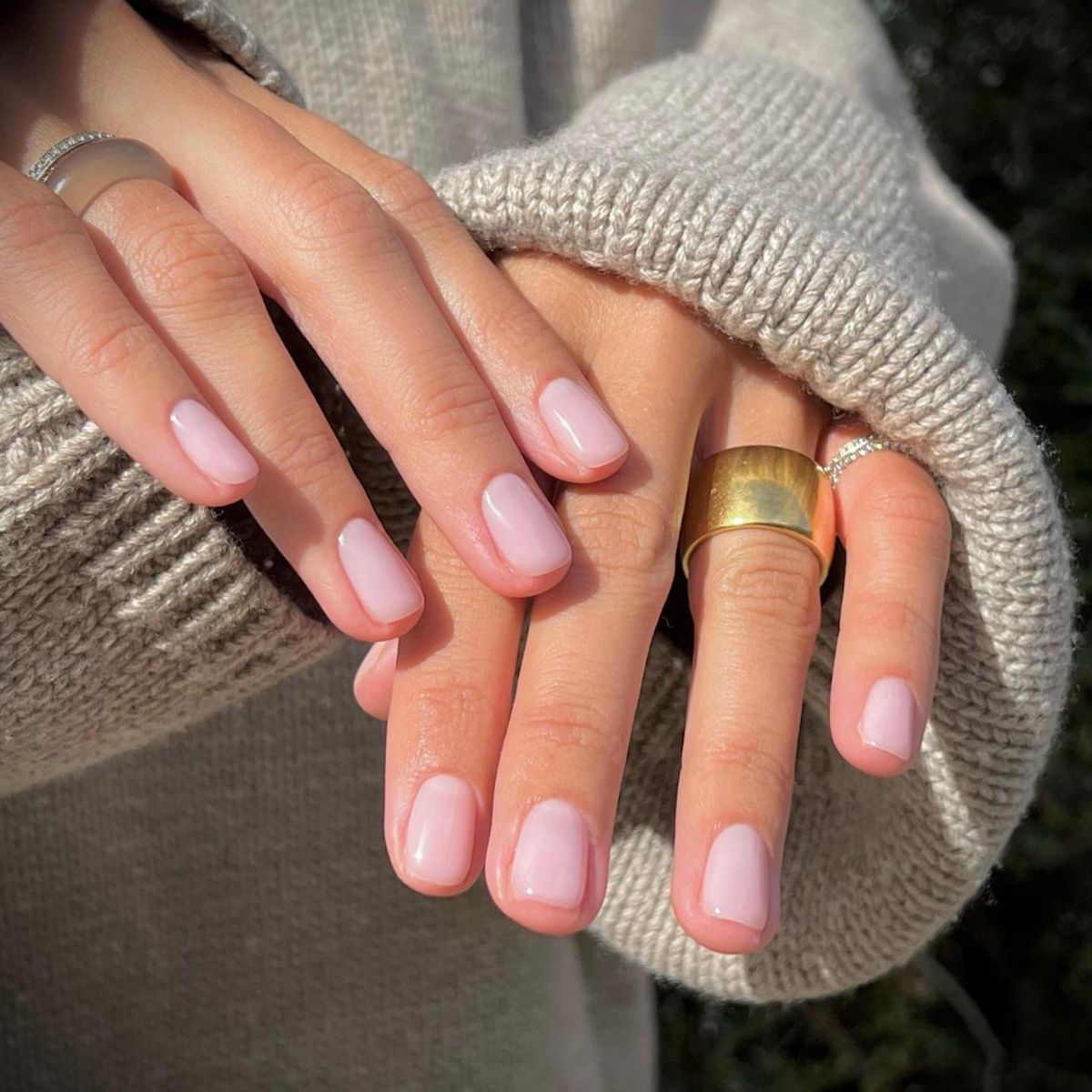 I'm Calling It: This Chic OPI Shade Will Be the Biggest Nail Polish Color of the Season
I'm Calling It: This Chic OPI Shade Will Be the Biggest Nail Polish Color of the SeasonNeutral nail lovers, rejoice!
-
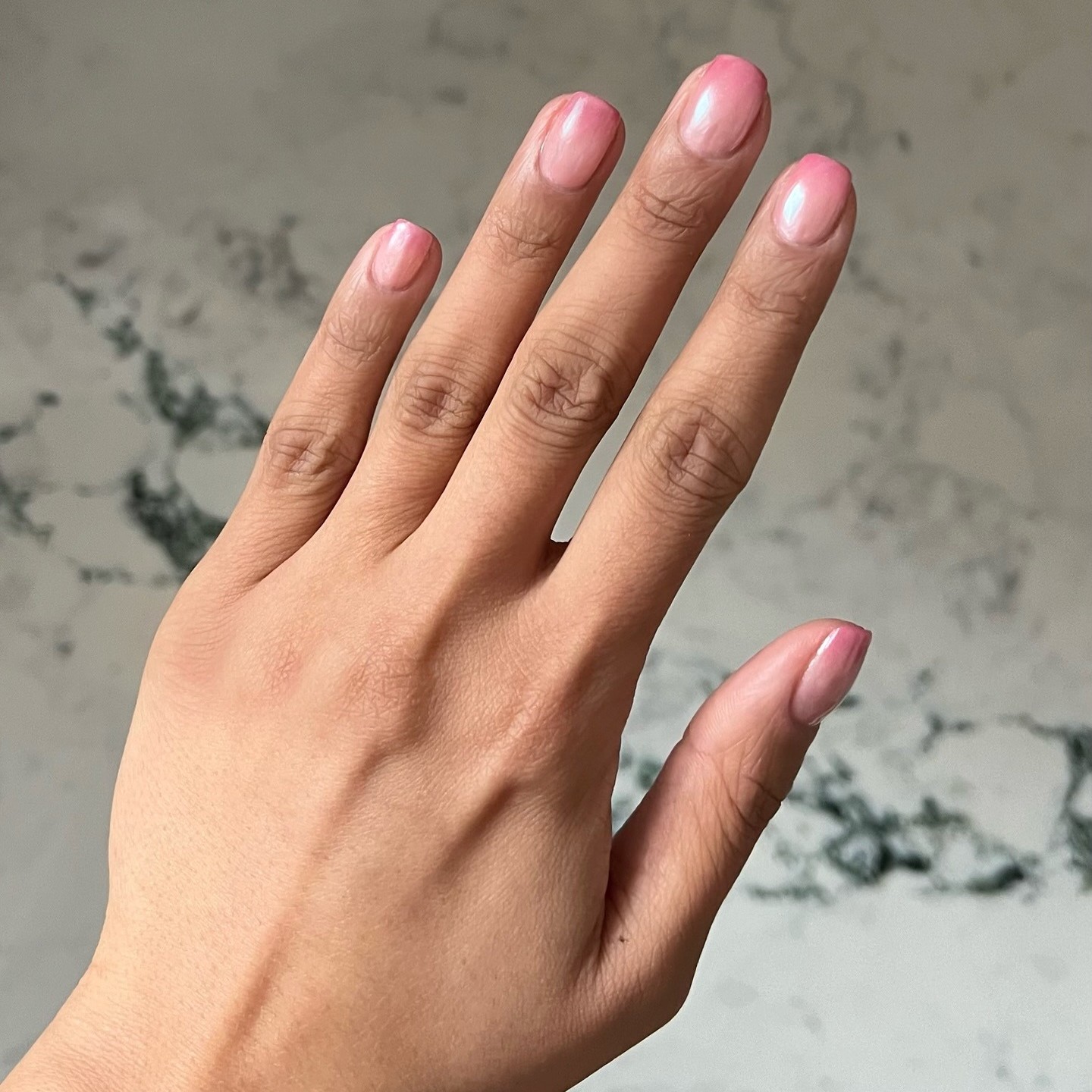 I Know Expensive-Looking Nails When I See Them, and I'm Swooning Over This "Candy Floss" Mani
I Know Expensive-Looking Nails When I See Them, and I'm Swooning Over This "Candy Floss" ManiI couldn't have screenshotted it any faster.
-
 Sydney Sweeney Just Cosigned Chocolate Croc Nails (Plus a Matching Corset) for Spring
Sydney Sweeney Just Cosigned Chocolate Croc Nails (Plus a Matching Corset) for SpringI'm officially copying it all season.
-
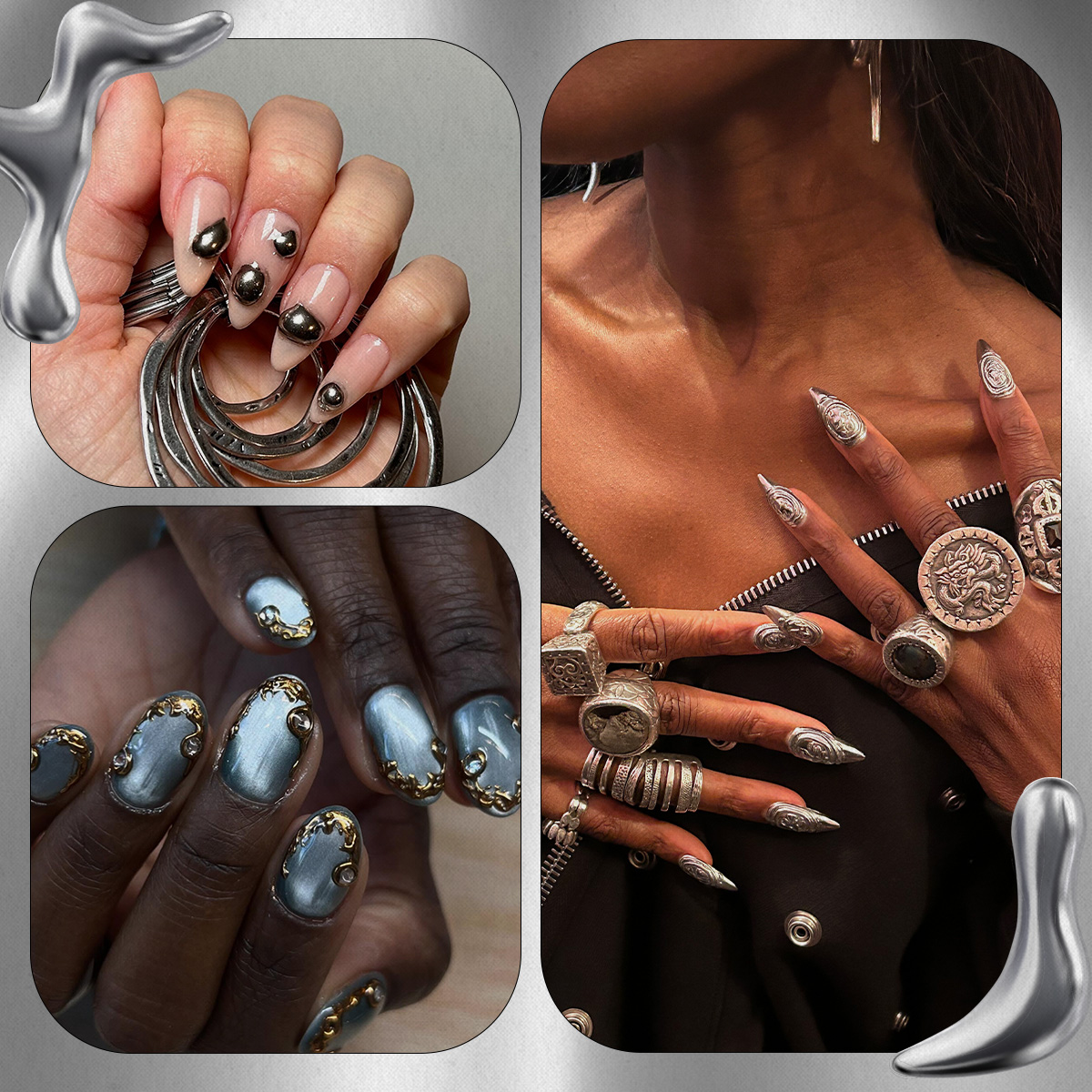 I'm Bored of Demure Manicures, so I Tried the Ornate Spring Nail Trend That's All Over Pinterest
I'm Bored of Demure Manicures, so I Tried the Ornate Spring Nail Trend That's All Over PinterestI can't get enough.
